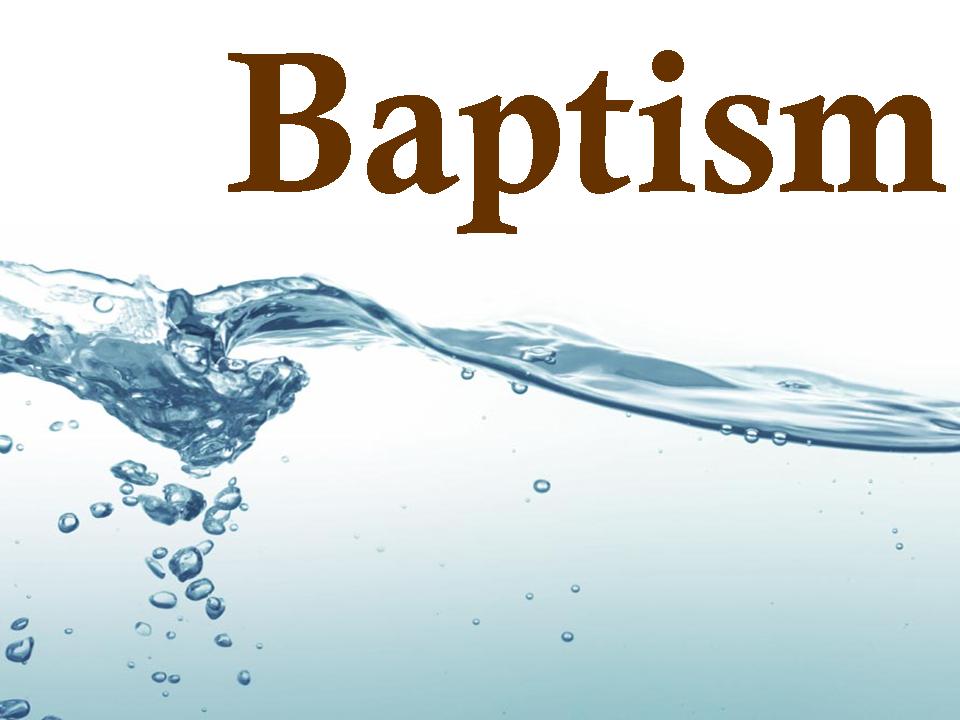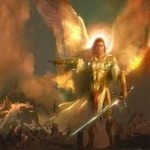 Have you ever wondered what went through Jesus’ mind as He hung on the cross? The gospel accounts tell us about the scorn of the soldiers, the hatred of the Jews, the fear of the apostles and the sorrow of Mary; but little is said of the mental state of Jesus Himself.
Have you ever wondered what went through Jesus’ mind as He hung on the cross? The gospel accounts tell us about the scorn of the soldiers, the hatred of the Jews, the fear of the apostles and the sorrow of Mary; but little is said of the mental state of Jesus Himself.
Fortunately, almost a full millennium before the death of Christ, David penned the soul stirring words of Psalm 22. This powerful psalm eloquently relates Jesus’ perspective as He bled and died for humanity’s sin. David writes, almost as if he were standing at the foot of the cross peering into the mind of the Savior. His words give us a glimpse into Heaven’s point of view, and helps us to grasp the intense anguish of our Savior as He hung upon Calvary’s tree.
The Cry of the Savior (Psalm 22:1-5)
“My God, My God, why have You forsaken Me?” What a cry was made by our Lord and Savior. One can only imagine the loneliness that Christ felt on Execution Hill. The Lord made Him a sin offering, placing the whole of man’s sin upon His shoulders. The weight of that sin must have been unbearable as Jesus knows that He had been ‘made to be sin’ for us (2 Corinthians 5:21) and that the eyes of God Almighty were too pure to even look upon Him (Habakkuk 1:13). Yet despite His solitude, Jesus still gave reverence to His Father, “Yet, You are holy, O You are enthroned upon the praises of Israel.” Psalm 22:3
The Rejection of the Savior (Psalm 22:6-13)
Can you imagine One who left behind the splendor of Heaven for our benefit, being treated with less respect than a worm? Jesus, “…came to His own, and those who were His own did not receive Him.” John 1:22. The Jews desecrated his dignity and sentenced Him to a death normally reserved for the lowest of the low. David records, “But I am a worm and not a man; reproach of men and despised by the people…” (Psalm 22:6). Jesus truly was ‘a man of sorrows’ (Isaiah 53:3) He was hated, scorned, mocked, spat upon, beaten, rejected and ultimately crucified on behalf of the very men and women who despised Him…and some still do today.
The Crucifixion of the Savior (Psalm 22:14-18)
It is difficult to surmise a form of punishment more cruel and humiliating than crucifixion. Though undeserving, our Savior suffered this torturous death at the hands of Roman soldiers. As His body hung there, weakened from the beating just hours earlier, those who hated Jesus looked upon Him with a sadistic satisfaction. They are described as dogs that enclosed Him and pierced Him; “For dogs have surrounded Me; a band of evildoers has encompassed me; they pierced my hands and my feet.” (vs. 16) They laughed and mocked at Him, inflicting pain to the best of their limited abilities. The spotless Lamb of God endured this for you and me.
The Deliverance of the Savior (Psalm 22:19-21)
In His hour of darkness, the Messiah found consolation and hope in His Father, our Lord. “But You, O Lord, be not far off, O Lord my help, hasten to my assistance.” Psalm 22:19. The Hebrew writer reveals that Christ offered up both prayers and supplications to the Lord (Hebrews 5:7). Truly, to whom may we turn in times of extreme need? Christ did not forsake His Father, neither did He despise Him during His hour of trail. Rather, Christ called out to Him and placed His confidence in Him. We, too, find our deliverance through Christ in God the Father.
Thanks to Terry Harmon (the former minister of the Flagler church of Christ in Flagler, Colorado) for once again sharing some thoughts about our Savior and His death on the cross. Would that we come to better understand the cry of the Savior, His rejection and crucifixion on the cross so we can learn of the deliverance we have in Him.




